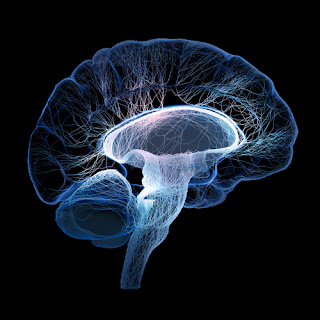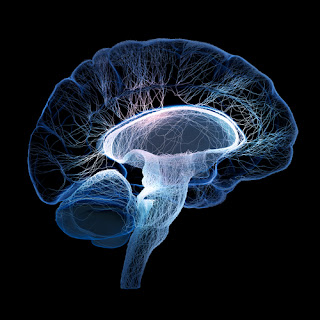Has anyone ever recommended you quit or cut back on your alcohol use? Have you ever tried to control or reduce your consumption and were unable? Do you keep drinking despite it causing negative consequences in your life? If you answered yes to one or more of the questions above, then there is a chance that you meet the criteria for alcohol use disorder (AUD). Of course, a more thorough evaluation is in order to be confident and to determine whether you require outside assistance.
While everyone living with AUD has different experiences, by and large the signs and symptoms of use disorder are congruent from one person to the next. One of the telltale signs that a problem exists is when a person continues to drink alcohol despite the complications the behavior adds to one’s life. Individuals who are indeed in the grips of addiction will go to any lengths to continue a practice in spite of the harm.
It is worth noting that just because a person drinks heavily, doesn’t necessarily mean they have an alcohol use disorder. However, those who continue drinking in harmful ways for extensive periods are at significant risk of developing the condition. In the United States, more than 16 million Americans meet the criteria for AUD.
Compulsivity Circuit
A new study aims to shed light on what’s known as the “compulsivity circuit;” a connection in the brain resistant to negative consequences that prompts alcohol-seeking behavior, Elsevier reports. Lead author Erica Grodin, Ph.D., and colleagues find that notwithstanding the risk of experiencing problems, heavy drinkers seek alcohol more than light drinkers. The findings of their research appear in Biological Psychiatry: Cognitive Neuroscience and Neuroimaging.
Participants in the study were given a task that carried the risk of a small electrical shock, according to the article. The heavy alcohol users would regularly take the risk to earn alcohol; conversely, light drinkers were not as willing to take the chance. Brain imaging reveals that the former group exhibit more activity in areas of the brain linked with “decision-making under conflict.”
“This study highlights the complex rewiring that takes place in the heavy drinker’s brain. Circuitry associated with conflict, risk, and aversion become associated with those that process rewarding experiences, and this is associated with increased risky choice behavior when alcohol is a possible reward,” said Cameron Carter, MD, Editor of Biological Psychiatry: Cognitive Neuroscience and Neuroimaging.
The new research, conducted by researchers at the National Institute on Alcohol Abuse and Alcoholism (NIAAA), et al., could lead to new treatments for reducing compulsive alcohol use.
Alcohol Use Disorder Treatment
Please contact Hope By The Sea to discuss treatment options for your or a loved ones’ alcohol use disorder. We offer several unique and innovative tracks designed to cater to the specific needs of each client. The miracle of recovery can be yours too!


